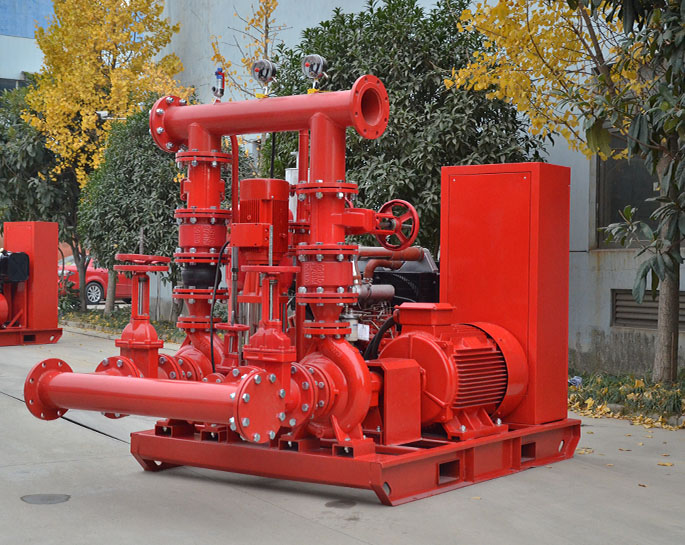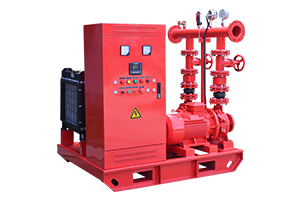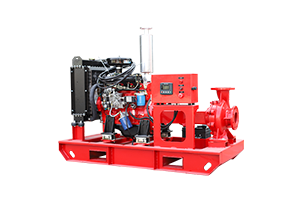Matters needing attention for fire pumps
When it comes to fire pumps, there are several important matters that require attention to ensure their proper operation and reliability. Here are some key considerations:
-
Regular Inspection and Maintenance: Fire pumps should undergo regular inspections and maintenance to identify and address any potential issues. This includes checking for leaks, ensuring proper lubrication, inspecting seals and gaskets, and verifying the alignment of the pump and motor.
-
Adequate Training and Competency: It is crucial to have qualified personnel who are trained in operating and maintaining fire pumps. They should understand the system's components, know how to perform routine checks, and be aware of emergency procedures. Training should also cover recognizing signs of pump malfunction or damage.
-
Compliance with Standards and Codes: Fire pumps must adhere to relevant standards and codes, such as those set by the National Fire Protection Association (NFPA) and local regulatory authorities. Ensure that the fire pump installation, design, and performance meet these requirements.
-
System Testing and Performance Verification: Conduct regular testing of the fire pump system to verify its performance and identify any potential issues. This includes flow tests, pressure tests, and functional tests of the pump, valves, and controls. Testing should be performed according to the manufacturer's recommendations and relevant standards.
-
Adequate Water Supply: Fire pumps rely on a sufficient and reliable water supply to effectively fight fires. Ensure that the water source is properly maintained, free from debris or blockages, and accessible to fire department connections. Regularly inspect and test the water supply system to ensure its readiness.
-
Monitoring and Alarms: Fire pumps should be equipped with proper monitoring devices and alarms to alert operators of any malfunctions, low pressure, high temperature, or other abnormalities. Regularly check these monitoring systems to ensure their proper functioning.
-
Electrical Safety: If the fire pump is electrically driven, electrical safety measures should be in place. Ensure proper grounding, appropriate sizing and protection of electrical components, and compliance with electrical codes and regulations.
-
Environmental Factors: Consider the environmental conditions in which the fire pump operates. Extreme temperatures, corrosive atmospheres, or other harsh conditions can impact the pump's performance and longevity. Take appropriate measures to protect the pump from adverse environmental effects.
-
Documentation and Record-Keeping: Maintain accurate records of inspections, maintenance activities, testing results, and any repairs or modifications performed on the fire pump system. Documentation helps track the system's history, ensures compliance, and aids in troubleshooting if issues arise.
-
Emergency Preparedness: Establish emergency procedures and protocols in the event of fire pump failure or fire-related incidents. Ensure that all relevant personnel are familiar with these procedures and conduct drills to practice emergency response scenarios.
By paying attention to these matters and implementing proper maintenance, testing, and training protocols, you can enhance the reliability and effectiveness of fire pumps in protecting life and property during fire emergencies.







